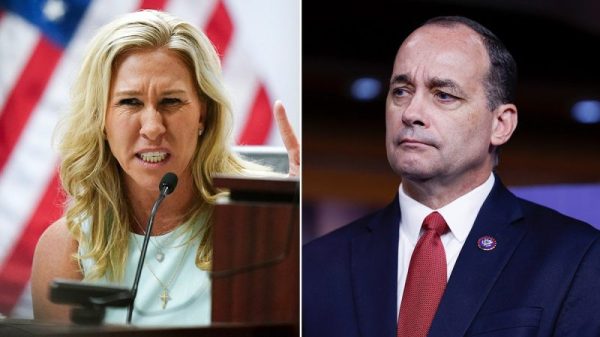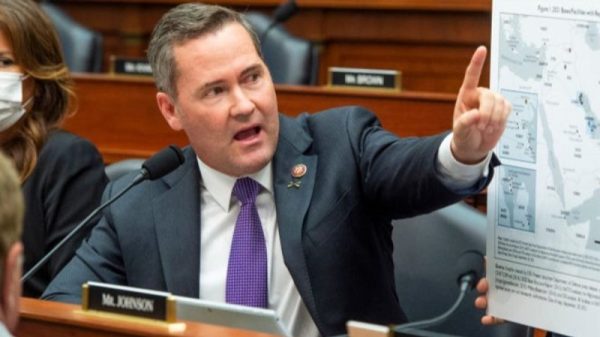The Biden administration on Wednesday proposed new rules that would limit the fees credit card companies charge for missed payments.
The move was announced as part of the White House’s broader efforts to limit fees across a number of consumer-facing products, from airline fares to entertainment tickets.
The Consumer Financial Protection Bureau proposed capping credit card late fees at $8 Wednesday, which would be lower than the up to $41 that some companies charge on top of interest payments.
“We worry that credit card companies are actually hoping that consumers are a day or two late so that they can cash in on fees,” Biden-appointed CFPB Director Rohit Chopra told reporters.
The CFPB rule would tighten a regulation from a 2009 law known as the Credit Card Accountability Responsibility and Disclosure (CARD) Act, which requires companies to charge only “reasonable and proportional” fees to cover the cost of handling late payments.
Credit card companies were using the provision to charge as much as $41, which the CFPB estimates is five times greater than the cost of collecting late payments.
“Companies would be able to charge above the immunity provision so long as they could prove the higher fee is necessary to cover their incurred collection costs,” a CFPB document clarified.
Capping the fee at $8 would reduce late fees by as much as $9 billion a year, according to the CFPB.
The agency said in June it would try to cap late fees; Wednesday’s announcement starts the clock on a formal public comment period. Credit card companies like Synchrony Financial had expected the CFPB to issue the rule. Synchrony Financial CEO Brian Doubles said on an earnings call last week that there were avenues for the company to “offset the impact [of the rule] if there is one.”
The CFPB has faced challenges to its rules before. In 2017, a Republican-led Congress struck down a CFPB regulation seeking to ban companies from using mandatory arbitration clauses in consumer financial products.
The proposed credit card late-fee cap follows the fourth meeting of President Joe Biden’s Competition Council, a group of various administration officials and regulators assembled to address “overconcentration, monopolization, and unfair competition.”
As part of the meeting, the Commerce Department also released a report evaluating Apple’s and Google’s holds over their respective app stores. The report criticized the two tech giants for practices that it said limit competition and innovation. It recommended administration actions that would promote “alternative means” for downloading apps as well as more antitrust enforcement on the companies themselves.
The administration continues to call on Congress to address other consumer-facing fees. As part of a proposed “Junk Fee Prevention Act,” the Biden administration hopes to ban airline fees for family members to sit with young children, eliminate surprise resort and destination fees and end early termination fees for TV, phone and internet service.
The bill would also take aim at online ticket fees for concerts, sporting events and other entertainment.











